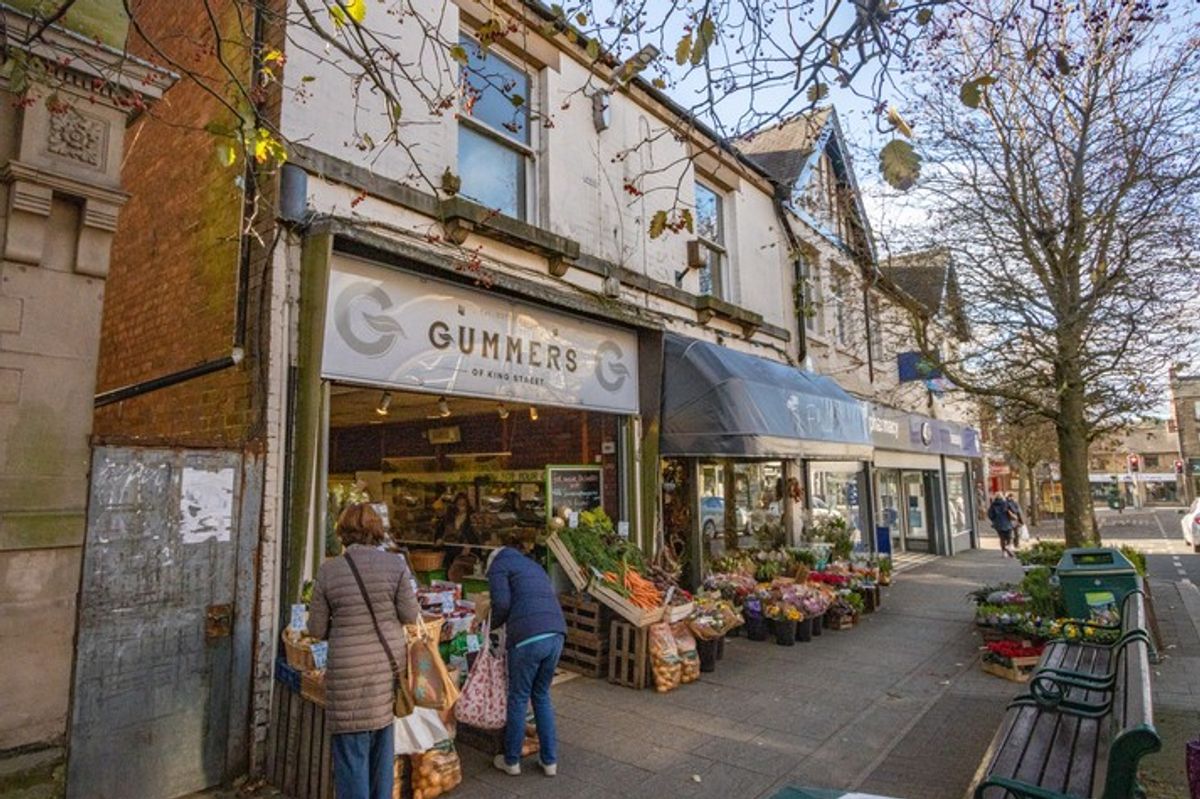Russell George MS has been elected as the new Chair of the Cross-Party Group on Small Shops, succeeding Vikki Howells MS.
The decision was taken during the CPG's annual general meeting held on Wednesday (6). The meeting also saw discussion over the important role of access to cash in local communities.
Convenience store body Association of Convenience Stores (ACS) highlighted in the session the current access to cash trends across the convenience sector and the important role that cash plays in local communities and businesses.
Sarah McKenzie, Financial Conduct Authority (FCA), also joined the meeting to discuss the FCA's latest interventions to protect access to cash for communities in Wales and what this means for businesses across Wales. The CPG committee also heard from Tenby's Vince Malone, who shared his experience of running a Post Office in his local community and why cash is still important for his customers.
The core purpose of the group is to ensure that the voice of small shops is heard within the Welsh Parliament.
George said, “As a former small shop owner, I am delighted to be elected as Chair of the Cross-party Group on Small Shops. This role is vital in advocating for our local businesses and ensuring that their voices are heard. Access to cash is crucial for communities across Wales, especially in rural areas where many residents rely on cash transactions.
“We must work together to safeguard cash access, ensuring that the people of Wales can engage fully with their local economies and maintain the health of our high streets. I look forward to leading this group in promoting policies that support small shops and enhance financial inclusivity.”


